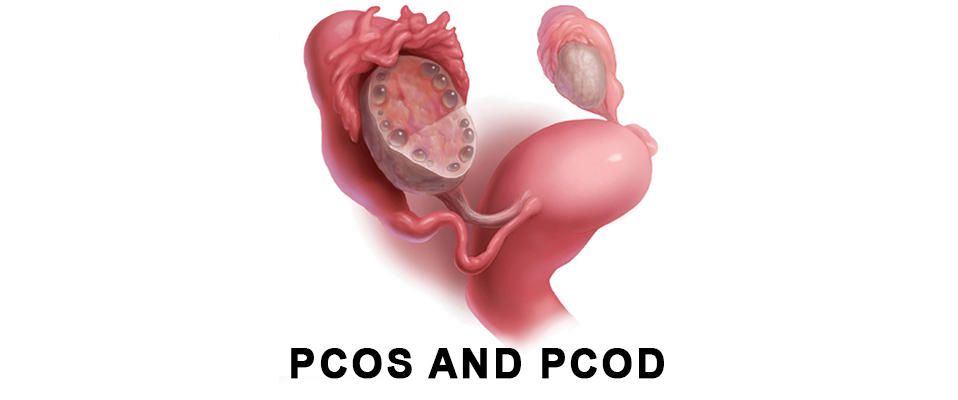The first-line treatments recommended for managing PCOD/PCOS (Polycystic Ovary Syndrome) symptoms typically include:
Lifestyle Modifications:
- Dietary Changes: Adopting a balanced diet that includes whole grains, lean proteins, fruits, and vegetables while limiting sugars and refined carbohydrates. This helps manage insulin levels, which are often elevated in PCOD/PCOS treatment in jaipur.
- Regular Exercise: Engaging in regular physical activity, such as aerobic exercises and strength training, which can improve insulin sensitivity, aid in weight management, and reduce symptoms.
Birth Control Pills (Oral Contraceptives):
- Oral contraceptives are commonly prescribed to regulate menstrual cycles and reduce androgen levels, which can help manage symptoms like irregular periods, excess hair growth (hirsutism), and acne.
Anti-androgen Medications:
- Medications such as spironolactone may be prescribed to block the effects of androgens (male hormones) in the body, helping to alleviate symptoms like hirsutism and acne.
Metformin:
- Metformin, typically used to treat type 2 diabetes, is sometimes prescribed off-label to improve insulin sensitivity in PCOD/PCOS patients, especially those with insulin resistance. This can help regulate menstrual cycles and improve fertility.
Fertility Medications:
- For women with PCOD/PCOS who are trying to conceive, medications such as clomiphene citrate or letrozole may be used to induce ovulation.
Weight Management:
- Achieving and maintaining a healthy weight through diet and exercise is crucial, as excess weight can worsen insulin resistance and hormonal imbalances associated with PCOD/PCOS.
These treatments are often tailored to each individual’s specific symptoms and goals, and a comprehensive approach that combines lifestyle modifications with medical therapies is typically recommended to manage PCOD/PCOS effectively. Regular follow-up with healthcare providers is important to monitor progress, adjust treatments as needed, and address any new symptoms or concerns.




.png)

Comments